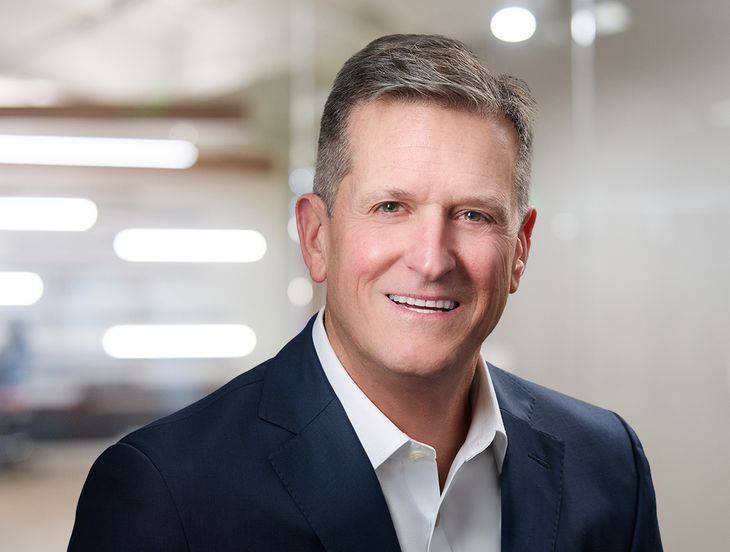Senate Forum is Next Step Towards Workplace AI Regulation: What Employers Need to Know
Insights
9.14.23
When Senator Chuck Schumer asked 20 of the nation’s AI industry leaders who assembled yesterday with over 60 Senators for the first Senate AI Forum whether government needs to play a role in regulating AI, it was reported that every single person raised their hands. That’s the key takeaway from the first of a series of meetings between influential tech leaders and federal lawmakers that will help to shape the future of legislation and agency rules – and will undoubtedly impact the workplace. But what might this regulation look like? And when might we see it? Here are the answers to your most pressing questions.
What Happened?
The Senate convened a closed-door meeting on September 13 with some of the nation’s high-tech leaders to discuss AI risks and possible solutions. In attendance were Elon Musk, Bill Gates, Google CEO Sundar Pichai, Meta CEO Mark Zuckerberg, OpenAI CEO Sam Altman, and others.
The tech leaders were given three minutes to speak on a topic of their choosing, and then several Senators led a group discussion with the guests about the risks – and potential – of AI.
Some Senators on both sides of the aisle were critical of the event’s format, as they were unable to pose questions to the guests. Sen. Josh Hawley (R-Mo.) wants future sessions to be structured as formal hearings to allow public questioning and answers from tech leaders.
What Could Regulation Look Like?
While any AI legislation will be sweeping in nature, there will be critical portions of any new law aimed at curbing workplace practices.
- We expect one of the centerpieces of any proposed law to focus on eliminating workplace bias when it comes to AI activity. This could take the form of mandatory bias audits (as we now have in New York City), but we expect to see detailed levels of regulation more likely at the local level than in federal legislation.
- Some in the meeting reportedly called for greater transparency when it comes to using generative AI for making business decisions or generating content. Businesses could be required to label certain content as AI-generated – or even provide advance warning to applicants and employees if AI is being used for employment purposes.
- Another distinct possibility: the creation of a new federal AI agency. We currently have a patchwork of agencies that could play a role in overseeing business and employment practices related to AI, from the Equal Employment Opportunity Commission to the Federal Trade Commission to the U.S. Copyright Office. A new independent agency could combine all of these tasks under one umbrella.
- Several lawmakers have already floated a proposal that would require certain AI business to obtain a business license before carrying out certain work, and this could end up including HR-related functions. Any such licensing scheme would of course include close oversight and disclosures about business activities.
- There is growing sentiment that government needs to have greater oversight over the behind-the-scenes workforce carrying out the enormous task of feeding data to AI platforms. We have seen reporting this summer about alleged mistreatment of such workers at home and abroad, so it would not be surprising to see this topic addressed by Congress as well.
We know that the Senate is approaching the topic in a bipartisan fashion, with committees doing the hard work of gathering the necessary scientific and technical details in order to ensure a solid understanding of the landscape before finalizing any proposal.
When Might Legislation Land?
Not anytime soon. That’s our consensus reading the tea leaves from the Forum and looking around D.C.
On the one hand, some in attendance like Commerce Committee Chair Sen. Maria Cantwell (D-Wash.) said that legislation can get passed in the next year. “Government needs to act a whole lot faster than it ever has in the past,” said Sen. Gary Peters (D-Mich.), signaling that some want to see a sweeping law passed sooner rather than later.
But others like Sen. Mike Rounds (R-S.D.) said that Congress is not yet ready to prepare meaningful legislation. And even Sen. Schumer (D-N.Y) himself noted that European lawmakers are now scrambling to revise the EU’s AI Act after recent advances in technology forced their hands, showing that faster is not necessarily better.
There is a growing sentiment that the U.S. doesn’t want to engage in a “race” with Europe or other nations when it comes to AI regulation. So we expect to see a slow burn on this topic, with legislation not likely until after the next Congress is seated in early 2025.
What’s Next?
The next Senate AI forum will focus on how the government can encourage innovation in the AI sector while mitigating the inherent risks associated with the burgeoning technology. Several more meetings like this are on tap for the rest of the year.
Want to Learn More?
Register today for the AI Strategies @ Work Conference taking place September 27-28 in Washington, D.C., where we’ll discuss the intersection of artificial intelligence and the modern business environment. We’ll meet just steps from where lawmakers and regulators are debating AI to discuss how impending regulation will impact businesses and human capital management. We’ll also explore AI’s transformative impact across various industries by providing practical use case scenarios, highlighting how to seize competitive advantages, and showing how you can position yourself as a leader in the era of AI.
Conclusion
If you have questions, contact your Fisher Phillips attorney, the authors of this Insight, or any attorney in our Artificial Intelligence Practice Group or Government Relations Practice Group. Make sure you subscribe to Fisher Phillips’ Insight System to gather the most up-to-date information on AI and the workplace.
Related People
-
- Benjamin M. Ebbink
- Partner
-
- Rick Grimaldi
- Partner

